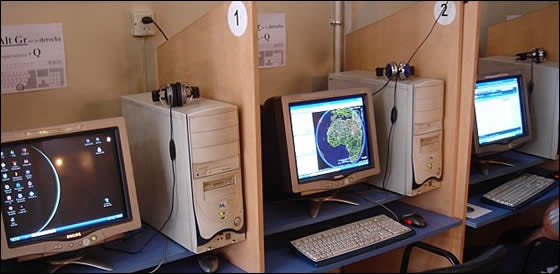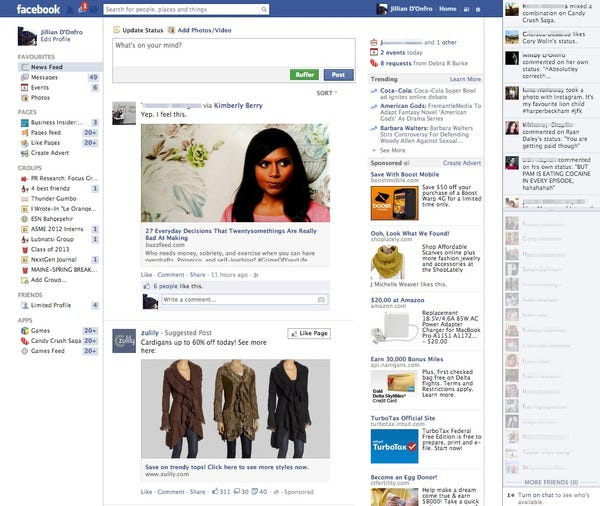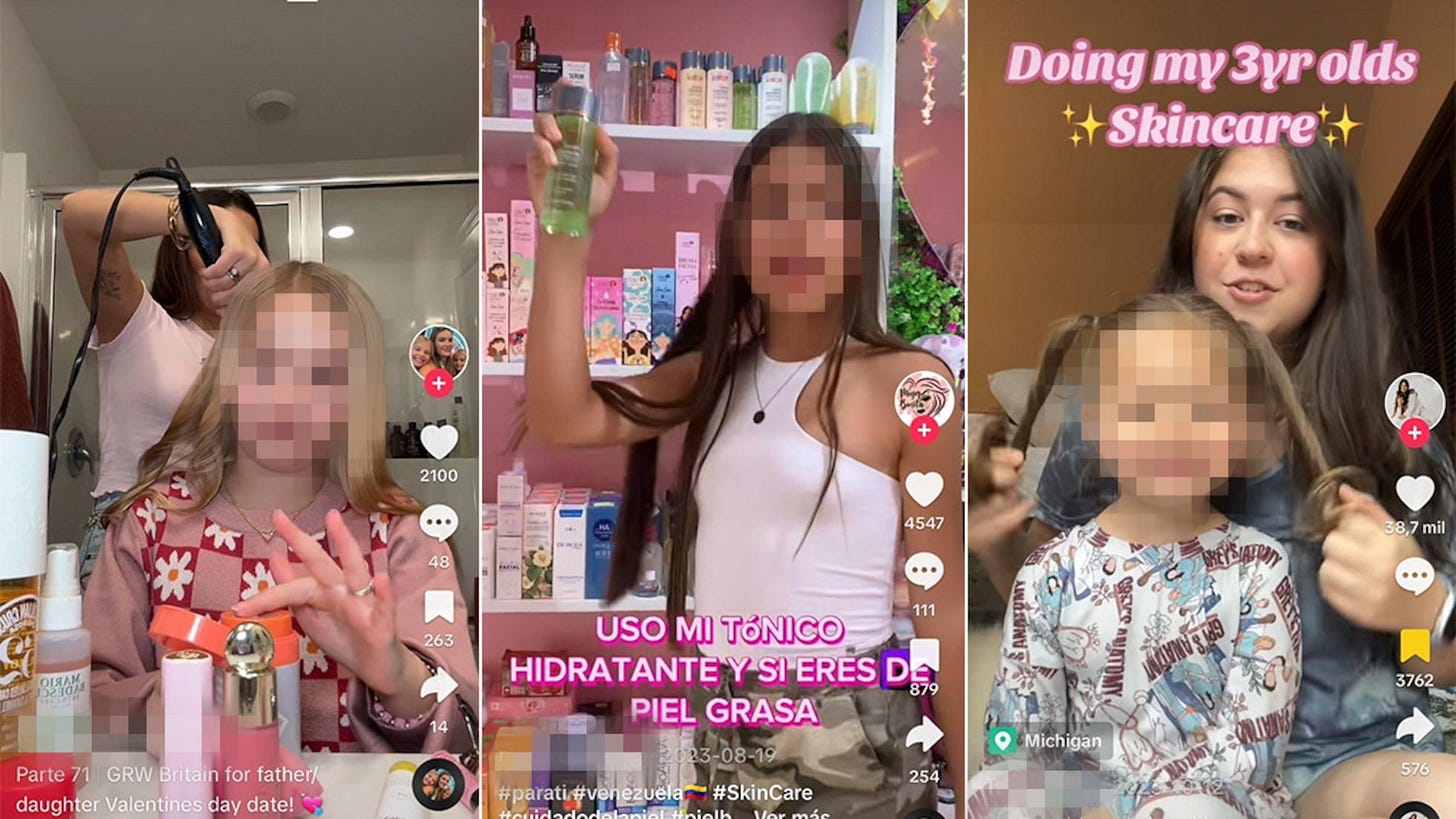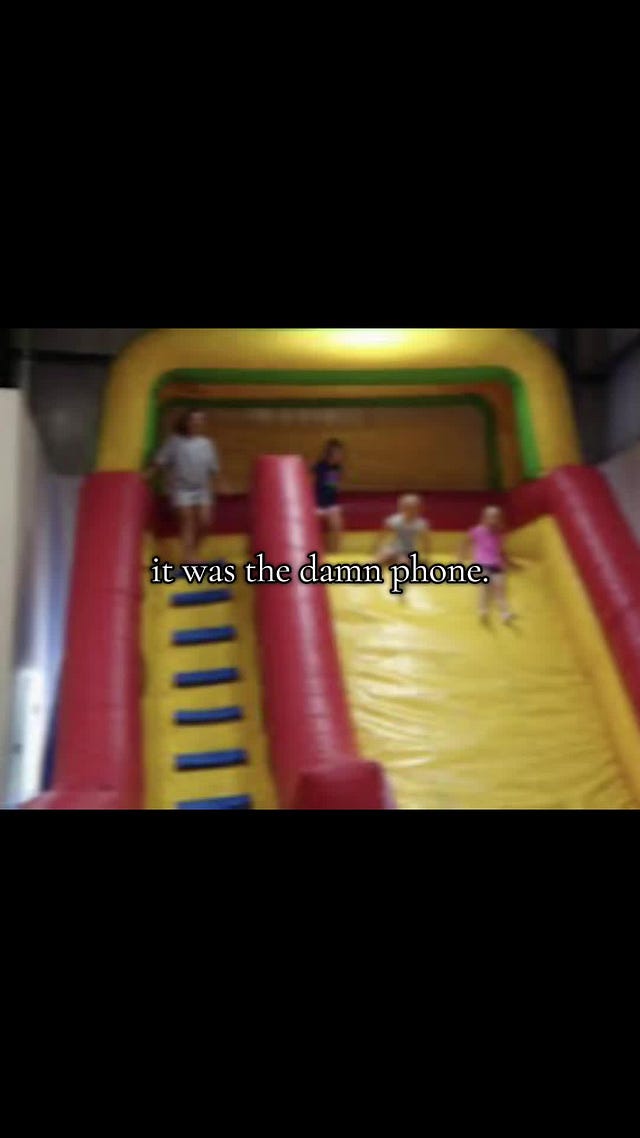are new generations doomed?
technology is ruining childhood and we are all just watching
I grew up in a house without Internet in the 2000s.
It’s not like we were completely cut off from technology. I was raised by my grandparents, who were born between the ’20s and ’40s, so it’s no surprise they didn’t really know how to use digital tools.
Still, we had a TV. I had a Nintendo DS, too, and I’d spend hours glued to it, making sure my dogs on Nintendogs didn’t starve and helping Mario rescue Princess Peach from Bowser.
Life felt simple back then. The Internet was a place to go to, and not something that lived in the palm of my hand or in every room of my house. If I needed it for school, or if I wanted to chat with friends on Messenger or play online games, I’d have to collect some coins and ask my grandpa to walk me to the nearest ‘cybercafé’, 15 minutes away from home.

I was always a creative child. When I wasn’t at the park playing with friends or at home with my brother, I was engaging in all sorts of creative activities: reading until I fell asleep with a book between my fingers, drawing until my grandma ran out of places to store my sketches, or writing stories I would later bring to life with my toys.
I loved watching TV, of course. And I loved my little trips to the cybercafé. But I also loved scraping my knees at the park. I loved drawing, reading, and writing stories. I loved studying, but I loved moving just as much. During those years, I tried everything: handball, judo, volleyball, hockey, and even a whole year of drama, which ended with me playing the lead role in a school play.
If someone had asked me back then what my hobby was, or what I wanted to be when I grew up, I would have blurted out an endless list of possibilities. The world was big, and time seemed infinite.
The dream seemed to fade when I reached 6th grade. I was a precocious child, and I started noticing the big gap that was forming between me and my classmates.
Suddenly, everyone was talking about Facebook and everything that was happening there. I was missing conversations, videocalls, and context. I started to feel left out, and I wanted to be part of all of it. I wanted to feel like I was also transitioning into teenagehood.

That’s when I convinced my grandparents to buy an Internet router for the house. That’s when I installed it myself. That’s when the Internet stopped being a place I went to and started existing in my room—the place where I began closing myself off more and more each day.
I don’t even have to explain it. It wasn’t only the Internet’s fault, but a series of factors that tangled together perfectly because of it.
Within months, my grades dropped. I became obsessed with what everyone else was doing and saying. As I already explained in my article body positivity is out, I developed an eating disorder. As an unsupervised child online, I found myself in spaces I shouldn’t have been.
Childhood ended the moment the World Wide Web entered my home.
The effects of technology on childhood have been a topic that has obsessed me for the longest time. Maybe it’s because of the way it affected me or because I have a sister who is seventeen years younger than me. Maybe it’s because I studied to become a teacher and have worked with enough children from Generation Alpha to see it firsthand.
I could give a million examples, really. Like the time I tried to break the ice with my new 6th grade class and I asked the kids about their hobbies, and I was met only with blank stares.
‘You don’t have any hobbies?’ I asked.
‘No.’
‘Like drawing, reading, or even football?’
'No.'
'What do you do when you get home from school?'
'I watch TikTok,' one of the girls said.
'The entire evening?'
'Until it's time to have dinner'.
'And what do you watch on TikTok?'
'I don't know. Videos. Whatever is on my For You Page'.
She was eleven. Eleven. And ‘whatever’s on my For You Page’ could mean anything—including things no child should ever be exposed to.
I once had a ten-year-old who was constantly body-checking because of a TikTok trend. Another girl, the same age, complained to me that TikTok kept closing her account.
‘But you shouldn't have an account in the first place,’ I told her.
‘But I wear makeup in the videos I post so I look older!’ she answered.
Again… Ten. Years. Old.
Another kid, also ten, casually mentioned watching porn, clearly unsupervised, and then proceeded to tell what he had seen to his classmates during recess.
I had countless children, at really young ages like six years old, who were constantly nervous, impatient, and fidgeting during my lessons.
When I asked them what they were so impatient for, the answers would always be incredibly similar.
‘I’ll get tablet time when I leave school.’
‘My mother will lend me her phone.’
‘I’ll watch YouTube Shorts on TV.’

However, even if everyone is quick to blame Gen Alpha, iPad kids, Sephora kids, and so on—they are really just victims.
The real problem often stems from parents who are just as addicted, if not more, than their children. And I don’t mean handing a child an iPad to stop them from crying.
I mean what I’ve seen with my own eyes: things like parents watching Instagram Reels out loud while their child is trying to get their attention.
Everything is led by example. A kid won’t do something just because you tell them to—they’ll do it if they see you doing it. It’s as simple as that.
But it seems to be a never-ending cycle. The Internet is now in our homes and in our pockets, in our schools, and in the ties that used to connect us to others.
It’s everywhere. It’s inescapable. The other day, I was on the train with my sister, who is eight years old, and we’ve tried to be careful to teach her good digital habits and be a good example. And at one point, she looked around when we sat down, looked at me, and (truly confused) asked: ‘Tata, why is everyone on their phones?.’
Something broke inside me, because I am also guilty of it. Because I am also part of it.
I am no mother and I no longer work as a teacher, but I am worried about our children. I am worried about the loss of childhood, about the anhedonia and emotional dysregulation that I’ve seen everywhere. We know, for a fact, that the children of Silicon Valley giants are mostly screen-free, and yet we keep exposing our children to constant connectivity. Why do we keep doing this to them? I am not sure.
I don’t want to come across like I am giving parenting lessons as a childless woman. I know how hard it is to be a parent, especially with the state of the world right now. I know many parents are doing the best they can, and I truly respect and admire that.
And I am also not saying that all children nowadays are doomed and incredibly unhappy. But maybe I feel so strongly about this because I grew up with no Internet at home, and because I am also aware that my generation, Gen Z, is the last generation to have had that privilege.
Right now, we have children who grew up surrounded by screens instead of books, who held their parents’ smartphones more than they held their hands.
I am always careful when it comes to nostalgia for other times because, as the famous quote goes, ‘nostalgia is a dirty liar that insists things were better than they seemed’. But I truly believe that going analog could be the key to a healthier childhood.
Kids need to be bored, to develop their skills, to have hobbies, to learn how to navigate human relationships, to feel real human connection, to learn how to manage their own emotions.
And they can’t do any of that if they are overstimulated by a piece of plastic that constantly gives them everything they want…
And much more than what they actually need.
Writing these essays always takes a long time. If you’d like to support my work while I am still job-searching, you can become a paid subscriber or buy me a coffee.





It's so scary how dependent we are on algorithms for entertainment and even something to fill the space between tasks. I have so much fun not on my phone and yet it's still the first thing I reach for in the morning. I use it for talking to my friends and try and stay away from the doomscroll and fill my days with other things but it doesn't always happen. I do worry seeing all these kids grow up with tech as the norm, not knowing anything different
I'm so happy and sad at the same time that we were the last generation to grow up without phones and accessible internet. Being an adult and seeing how addicted I'm to my phone and doom-scrolling is just scary.